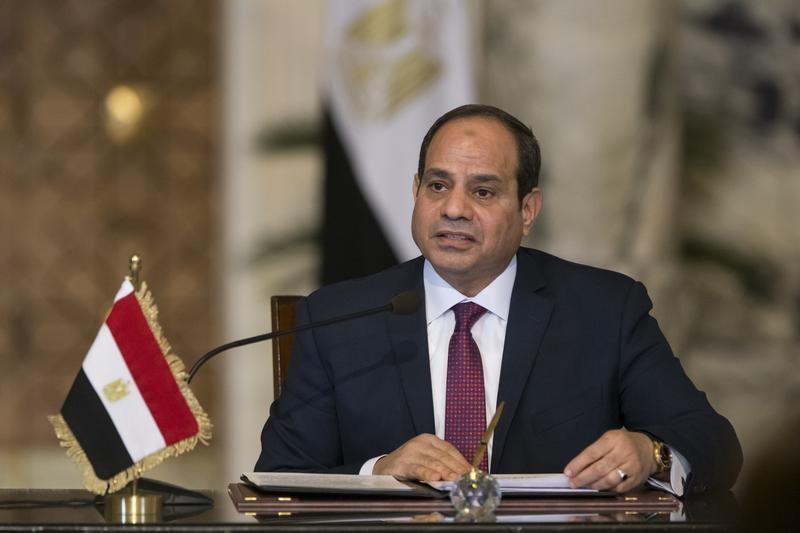After Egypt’s parliament approved a new law regulating social media in July, the country’s President, Abdel Fattah Al-Sisi has endorsed a law granting authorities the right to monitor social media users in the country.
The law will empower state’s Supreme Council for Media Regulations to place people with more than 5,000 followers — on social media or with a personal blog or website — under supervision.
The council will be authorised to suspend or block any personal account which “publishes or broadcasts fake news or anything (information) inciting violating the law, violence or hatred”.
The new law is one of a series of measures that Human Rights groups claim are aimed at curbing freedom of expression online, with the internet being one of the last forums for public debate over Sisi’s rule.
See Also: Egypt To Start Imposing Tax On Advertisers on Facebook, Google, And Others
Also, in August, the president approved a piece of legislation allowing authorities, through a judge, to order the blocking of websites that “constitute a threat” to Egypt’s national security or economy. Those who administer or visit such websites, intentionally or “in error without a valid reason”, can now face jail time and fines.
According to the Association of Freedom of Thought and Expression in Egypt, more than 500 websites have been blocked in Egypt prior to the new law.
The authorities have insisted that such measures are needed to help tackle instability and terrorism in the country. But domestic and international rights activists regularly accuse the government of seeking to crush dissent by arresting critics and bloggers and blocking news sites.
